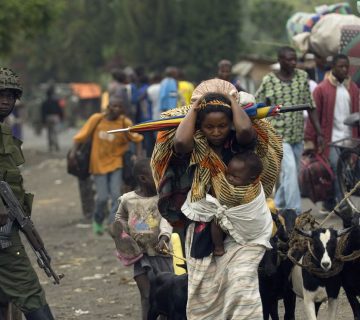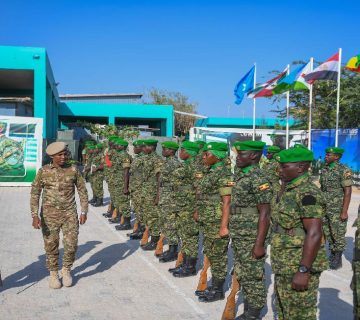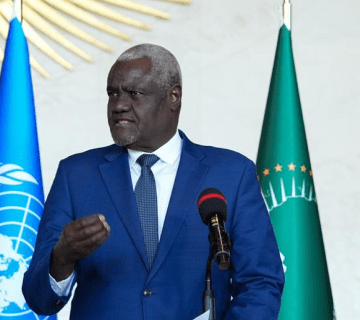In the beginning of June, the main opposition coalition, the ECC, lost 23 parliamentary seats to Kabila’s Common Front for Congo (FCC) coalition. The constitutional court sacked the 23 members of the National Assembly as part of its work on electoral disputes following the December 2018 general election. The FCC already holds the majority in both chambers of the National Assembly, as well as the majority of provincial governors. The majority of Kabila’s coalition is a significant challenge to the rule of President Felix Tshisekedi. There are questions to what extent he is actually capable of running the state with both of his arms tied.
Signaling a major upset in the political landscape, opposition politician and former warlord Jean Pierre Bemba has returned from ten years in prison in The Hague after he was found guilty by the International Criminal Court (ICC). The ICC acquitted his sentence last year after which he tried to run for president. He was however barred by DRC’s constitutional court. Upon his arrival in Kinshasa, he was received by opposition leader Martin Fayulu, who lost the highly fraudulent 2018 general elections to Felix Tshisekedi. Bemba’s return to DRC’s opposition strengthens their hold in Bemba’s stronghold in the northern Equateur province.
Another DRC-related case comes before the ICC next month. On July 8, 2019, Bosco Ntaganda, a former warlord and military chief of staff of the National Congress for the Defence of the People (CNDP), will hear the ICC’s judgement in his case. Ntaganda, also nicknamed ‘the terminator’, has been detained since 2013 for allegedly actively recruiting, enlisting and deploying child soldiers. There have been widespread doubts in recent years on the effectiveness of the ICC, having only delivered two convictions after spending USD 13 billion dollars. Additionally, there have been complaints of the ICC having an ‘African bias’; all 23 cases in nine situations that have been brought before the ICC were all from Africa.



